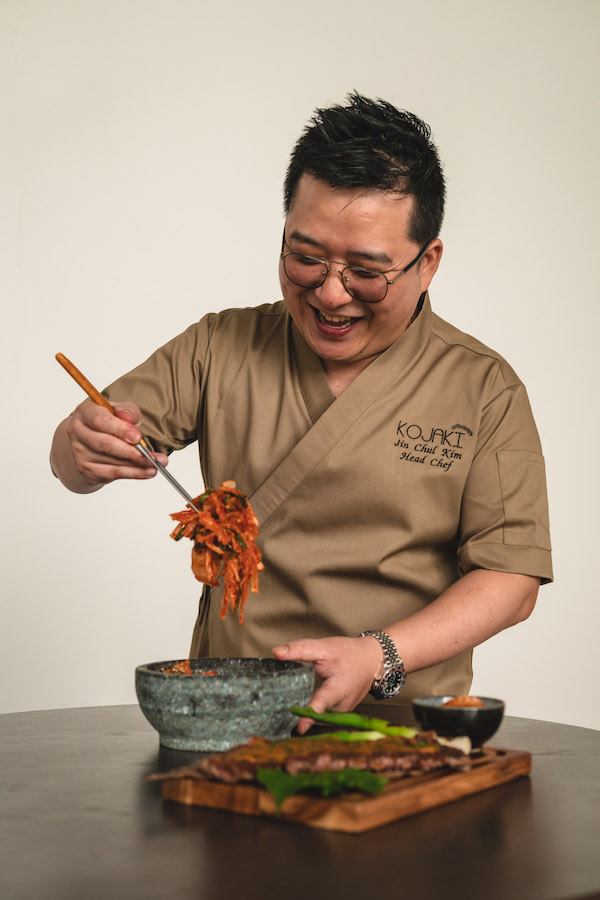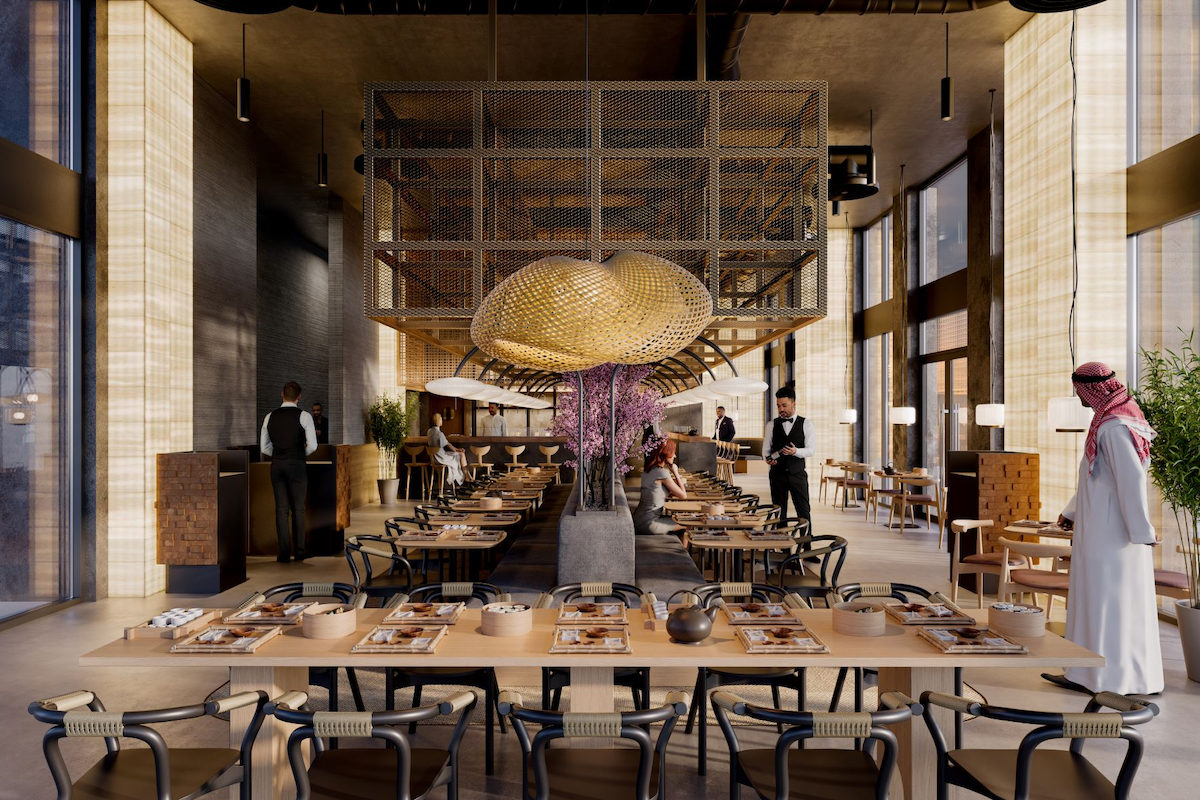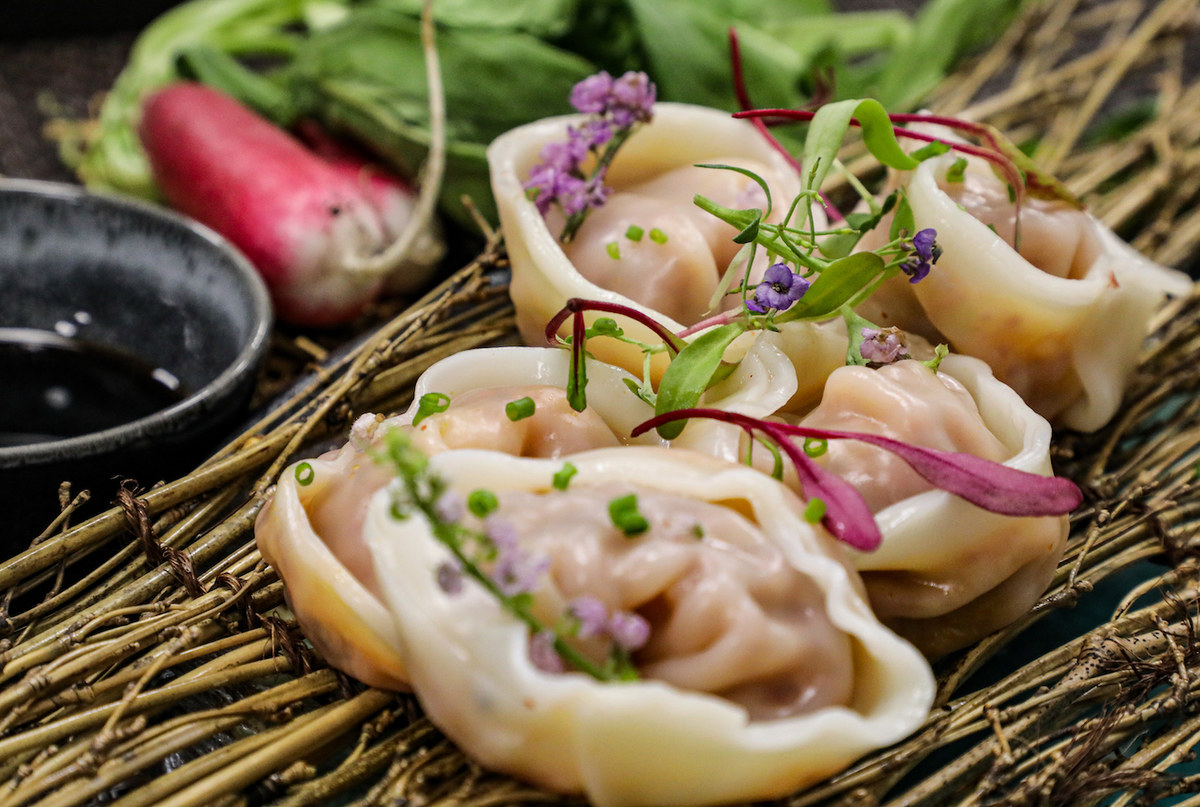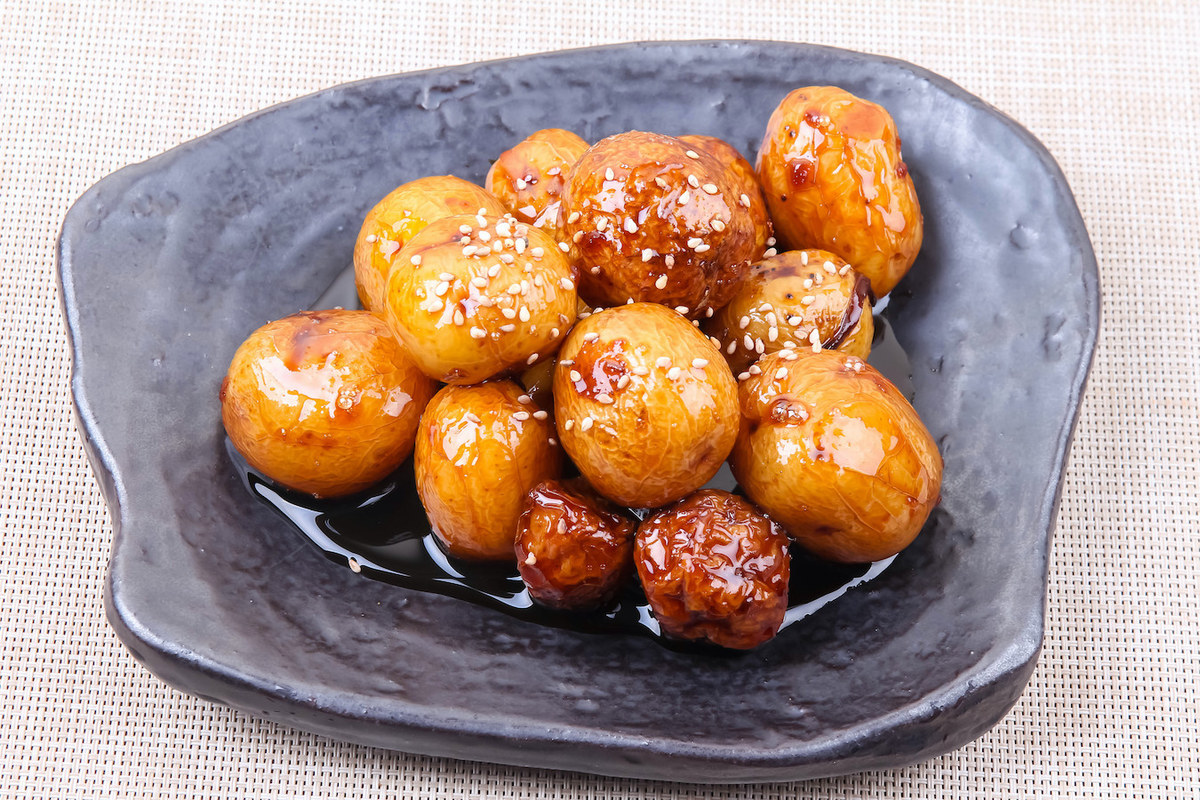DUBAI: The award-winning South Korean chef is currently in charge at Kojaki in Dubai
What’s your top tip for amateur chefs?
Well, that’s not easy. I’d say that if you love to cook, then nothing else really matters. Your kitchen is your sanctuary, and if you find a particular hack that works for you then go for it. However, if you don’t like to cook, then please just take a deep breath before you start. It’s best not to get too stressed — a kitchen is full of dangerous items…

Charcoal-grilled short rib is the chef’s favorite dish to cook. (Supplied)
What one ingredient can instantly improve any dish?
Almost any chef would answer salt to this. It’s obviously such an important ingredient. But, in my case, I’d say garlic — it’s an ingredient that elevates any Korean dish.
What was the worst mistake you made when you started out as a professional?
Around 25 years ago, my boss was preparing Japanese turtle soup in the kitchen and — unfortunately for me — I didn’t know what he was preparing at the time. The soup looked like dirty water and I just thought someone hadn’t washed the pot properly. So I decided to wash it myself. Turned out I actually threw away about 10 liters of soup… and very expensive soup at that! It was a horrible day for all the chefs.

Jin Chul Kim is currently in charge at Kojaki. (Supplied)
What customer behavior most annoys you?
What bothers me the most is when someone says 'Do you know who I am?' — when a guest acts entitled just because they might be well-known or a public figure. I like to treat all my guests the same way.
What are you like in the kitchen? Are you a shouter? Or are you quite chilled-out?
When I was learning the trade, the senior staff in the kitchen would always use army-type training methods, so I followed the same style of training for my staff until about 10 years ago. But having cooked in many different countries, I’ve noticed that each country follows a different culture. It was only in Korea that we followed old-school kitchen culture. Now, if the staff do something wrong, I try to teach them to rectify the situation using a calm-but-stern voice — I reckon that’s more powerful.

Korean dumpling. (Supplied)
When you go out to eat, what’s your favorite cuisine?
Would it be a cliché if I said Asian? I always gravitate toward any Asian food, especially Korean and Japanese. If I leave the place remembering what I had, then I consider that an overall great experience. If I don’t, on the other hand, then the food can’t have been the best as it clearly didn’t make an impression on me.
What’s your go-to dish if you have to cook something quickly for yourself?
I’m Korean, so normally I’d cook kimchi soup. I always have kimchi in the fridge. It’s my soul food.
What’s your favorite dish to cook?
Charcoal-grilled short rib, which is just fantastic with lettuce and Korean miso sauce. It’s prepared using a special Korean cooking method. I always used to eat that dish when I was younger; we would all gather around it together as a family and enjoy some short ribs. Those are some of my best memories.
What’s the most difficult dish for you to get right?
For me, it’s the easiest dishes that are the most difficult to master, because everyone can make it, but it’s who makes it that makes the dish different. Take kimchi, for instance; I can make it, but my mother is the master and, in my opinion, I just can’t beat her.

Gamja Jorim. (Shutterstock)
Chef Jin’s Gamja Jorim (Korean braised potatoes)
INGREDIENTS
For the main dish
150 gm baby red potatoes
10 gm Corn oil
1.5 gm Rice vinegar
For the spicy soy sauce
180 gm Jin Korean soy sauce
90 gm honey
45 gm minced garlic cloves
18 gm Gochugaru (Korean chili powder)
360 ml vegetable stock
INSTRUCTIONS
1. Combine all sauce ingredients in a bowl, leave to infuse.
2. Bring a pan of lightly salted water to the boil, add the potatoes and simmer for 10-12 minutes until just tender. Drain and dry well.
3. Add corn oil to the pan and sauté the cooked potatoes over a medium heat until golden brown and crispy.
4. Remove from the heat and pour off any excess oil. Add the sauce and simmer until you obtain a thin sauce consistency, enough to coat the potatoes. Add the potatoes back into the pan and toss.
5. Garnish with sesame seeds and thinly sliced green spring onions and serve.



















